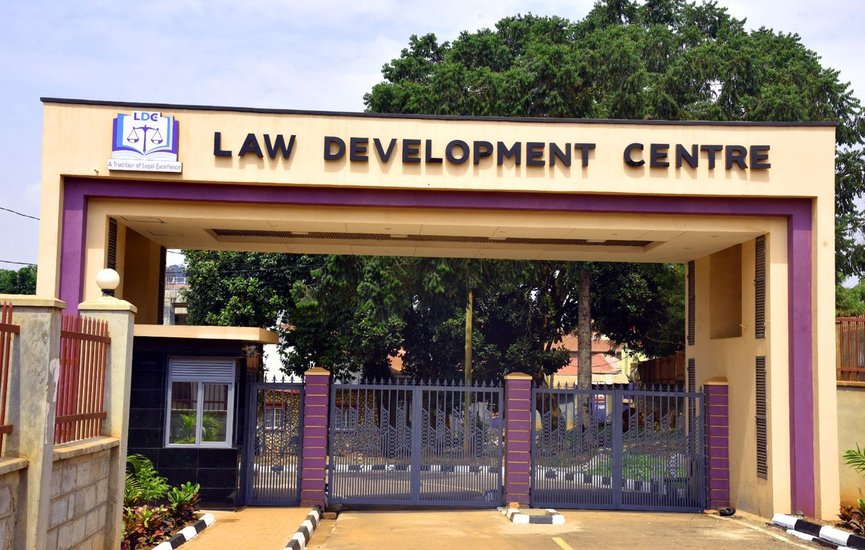KAMPALA, Uganda — In a landmark shift set to reshape Uganda’s legal education system, the Law Development Centre (LDC) has suspended admissions for the 2025 Bar Course, citing strained infrastructure and staffing limitations.
The announcement, made in a press release on Monday, means no new students will be admitted to the Postgraduate Diploma in Legal Practice until January 2026. The decision follows a rare double intake in the 2024/2025 academic year, which overwhelmed the centre’s already stretched facilities.
“This suspension is necessary to allow the current cohort to complete their studies and to realign the academic calendar,” the LDC stated, acknowledging the frustrations of aspiring lawyers now forced to delay their dreams.
But the pause is more than a temporary setback it’s the start of a deeper transformation.
In a bold reform move, the Ugandan Cabinet has approved the repeal of the LDC Act (Cap. 251), paving the way for the creation of the National Legal Examinations Centre. This new body will regulate the Bar Course and legal training nationwide, breaking LDC’s longstanding monopoly and allowing multiple accredited institutions to offer the program.
For years, law graduates have decried the bottleneck created by LDC’s limited capacity. The upcoming decentralization aims to fix this by broadening access and promoting a standardized, inclusive system that prioritizes merit over location.
As part of the transition, LDC will introduce a mandatory pre-entry examination for the 2026 Bar Course intake. The exam will serve as a gatekeeper to ensure quality and manage numbers, with detailed guidelines to be released by September 1, 2025.
Officials say the exam will help filter candidates based on readiness, not just academic credentials a move expected to enhance professionalism in the legal field.
While the reforms promise long-term benefits, the immediate effect is a year-long wait for recent law graduates. Many now face uncertainty as they prepare for a future shaped by new standards, processes, and institutions.
“This delay is painful, but necessary,” said one legal education expert. “It’s the price of progress toward a more equitable and efficient legal training system.”
As the legal education sector undergoes its most sweeping reform in decades, students, universities, and legal professionals alike are watching closely. The transition may be disruptive in the short term, but for many, it represents hope and a long-overdue shift towards a fairer and more accessible path to the legal profession.
